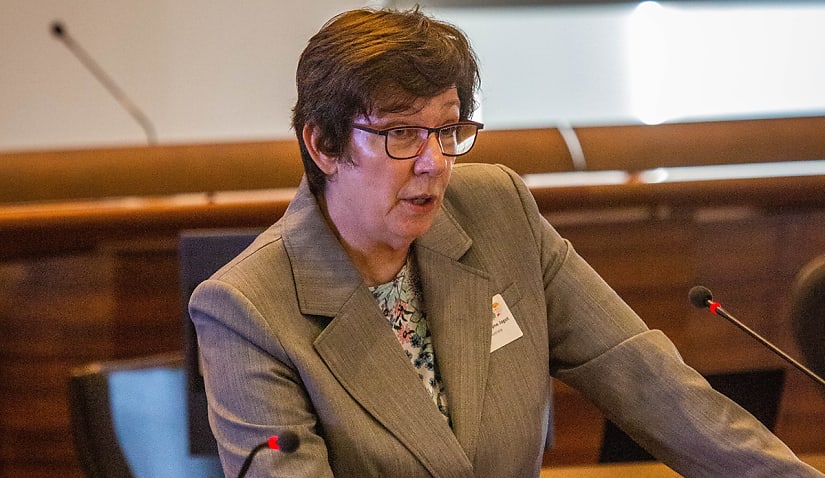High Court Justice Jayne Jagot says a “critical look” at the culture of legal workplaces is paramount if the scourge of mental ill-health is to be meaningfully addressed.

Speaking recently at the 2023 Minds Count Annual Lecture, hosted at the Federal Court in Sydney, Jagot J reflected that – “by no means all, but also not uncommonly” – legal workplaces are “like small, unequal societies”, and as such, it is unsurprising that they involve risks to psychological wellbeing, which must be recognised and managed accordingly.
“I do not pretend to know how to begin to address that problem. But let’s not fool ourselves – work hours matter,” Jagot J said.
“Working long hours and not getting weekends to recover and regular holidays uninterrupted by work demands, over the longer term, place stresses on many people that are unsustainable.”
Billing pressures, expectations of working hours beyond the norm, and “the lack of a system of expectations and rewards” for factors such as high-level expertise, effective leadership, and pro bono contributions (as compared to billable and recoverable hours) are all systemic issues that require addressing, Her Honour outlined.
Jagot J – a former board of the Minds Count Foundation – also pointed out another elephant: “If the main driver of profit is the leveraging of the time of others, particularly young lawyers who cost far less than they make, you need to take care to avoid a culture of exploitation developing.”
Broader systemic issues may be beyond the influence of any individual, Her Honour mused, while adding that those in positions of power in the workplace can, collectively, move to combat cultural risks.
“No matter how little we feel we can influence systems at large, we also each have a personal responsibility for our own workplace relationships, particularly our relationships with people who are below us in the workplace hierarchy,” Jagot J stressed.
“They are the people who can be most harmed by our actions and our lack of thought and care.”
Moreover, there are certain destructive behaviours that, Her Honour said, “can become so routine and normalised” that their potential adverse impacts may go unnoticed. These include, the judge listed: artificial deadlines, routine procrastination, delegating work without context, and non-constructive feedback.
In closing, Jagot J advised lecture attendees to remember that today’s young lawyers will, eventually, become older lawyers.
“One day, they will have the power. And one day, not too far away, people like me will not. Being kind to young lawyers is not just the decent thing to do; it is just common sense.”
Editor’s note: The editor of Lawyers Weekly is a board director at the Minds Count Foundation.

Jerome Doraisamy is the managing editor of professional services (including Lawyers Weekly, HR Leader, Accountants Daily, and Accounting Times). He is also the author of The Wellness Doctrines book series, an admitted solicitor in New South Wales, and a board director of the Minds Count Foundation.
You can email Jerome at: